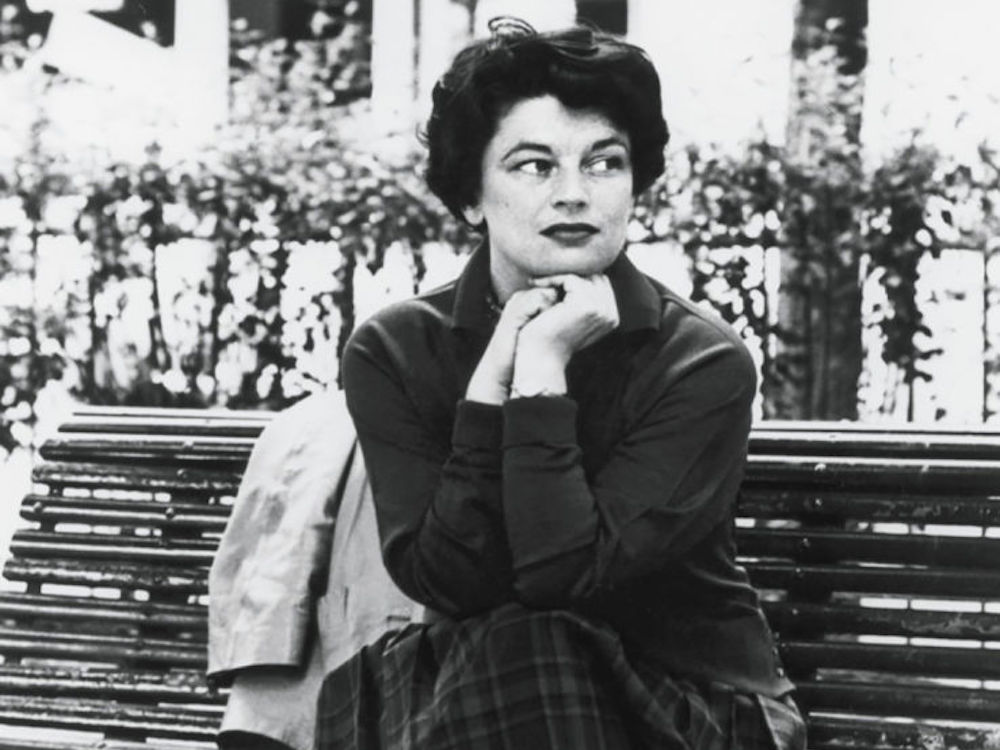In March, The Paris Review launched The Art of Distance, a newsletter highlighting unlocked archive pieces that resonate with the staff of the magazine, quarantine-appropriate writing on the Daily, resources from our peer organizations, and more. Read Emily Nemens’s introductory letter here, and find the latest unlocked archive selections below.
“We’re heading toward winter, which in the book world means prize season is upon us. There won’t be banquets and after-parties this year, but these awards do afford book lovers the opportunity to look back on something other than politics and COVID—and to reflect on books that have helped us understand and weather this tumultuous era. This past week, Souvankham Thammavongsa was named the winner of the Scotiabank Giller Prize, which celebrates the best of English-language Canadian fiction. Among its past winners are many who, like Thammavongsa, have graced the pages of The Paris Review. This week’s The Art of Distance joins in the celebration by unlocking interviews with and stories by Giller honorees as well as other notable Canadian writers. Happy reading, and stay safe.” —Craig Morgan Teicher, Digital Director
Mavis Gallant, who spent much of her life in France, was very much a world citizen. But when asked about her home in the Art of Fiction no. 160, she said, “I am a writer and, of course, a Canadian.” There’s much more here about writing and traveling and the tether that binds an artist to a place.
This year’s Giller winner is How to Pronounce Knife, the debut story collection by Souvankham Thammavongsa, whose work delves deep into the immigrant experience. Her story “The Gas Station,” which appears in the book, was first published in the Spring 2019 issue.
The Nobel laureate Alice Munro has won the Giller twice, most recently in 2004, for Runaway. In the Art of Fiction no. 137, Munro explains that ideas for her stories are almost overabundant: “I never have a problem with finding material. I wait for it to turn up, and it always turns up.” Although the Review didn’t publish anything from Munro’s two Giller-winning collections, her story “Spaceships Have Landed” appeared in the Summer 1994 issue.
The Haitian-born, Montreal-based writer Dany Laferrière speaks in the Art of Fiction no. 237 about how politics has been threaded through his sense of the world from an early age and how political concerns have never been separate from his writing: “Politics are pivotal to all of us, especially those who spend their childhood under a dictatorship. My childhood had a lot to do with dictatorship, with power, with the effects of power on myself.”
Margaret Atwood’s novel Alias Grace was the 1996 Giller winner. A few years earlier, in the Art of Fiction no. 121, the ever-adventurous writer said that “every novel is—at the beginning—the same opening of a door onto a completely unknown space.” After you’ve read the interview, feel free to explore Atwood’s story “Bodily Harm,” which was first published in the Fall 1981 issue.
Sign up here to receive a fresh installment of The Art of Distance in your inbox every Monday.
from The Paris Review https://ift.tt/3lBFggx

Comments
Post a Comment